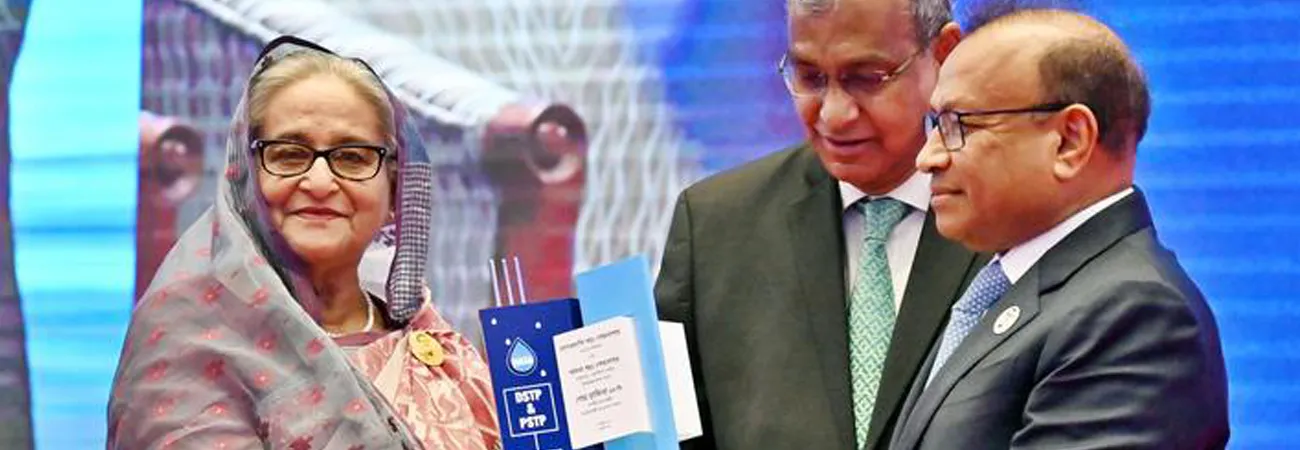XINHUA-PAKISTAN SERVICE
DHAKA, (Xinhua) -- The Belt and Road Initiative (BRI) reflects China's commitment to fostering global cooperation and mutual development, a Bangladeshi expert has said.
The BRI, proposed by China in 2013, has demonstrated significant development over the past 10 years, representing a remarkable effort by China to foster connectivity, trade, and economic cooperation on a global scale, Nasim Mahmmud, executive director of the Center for East Asia Foundation (CEAF), a non-profit and non-political independent study circle, said in a recent interview with Xinhua.
According to the expert, the project has encouraged cultural exchanges, aided in the construction of regional infrastructure, and improved regional integration, all of which have boosted shared prosperity among the participating nations.
"Particularly Chinese businesses have been instrumental in Bangladesh, bringing cutting-edge technology, knowledge, and investment to different areas," Nasim said.
Nasim, also chief editor of the Belt and Road Magazine, said significant infrastructural projects, including roads, bridges, and power plants, have been made possible by China's presence, speeding economic progress and enhancing the standard of living for Bangladeshis.
There are 27 Chinese projects in the field of electric power and energy, ensuring that Bangladesh's energy mix is diversified, in addition to 12 highways, 21 bridges and seven railway lines built by Chinese companies in Bangladesh, the Social Responsibility Report of the Chinese Enterprises in Bangladesh recently showed.
According to the report, Chinese enterprises in Bangladesh have provided approximately 550,000 jobs in the South Asian country, greatly boosting employment among locals.
Their collaborative approach and partnerships with local companies have nurtured knowledge sharing, skills development, creation of huge job opportunities and technology transfer, empowering Bangladesh to leverage the benefits of Chinese expertise, Nasim added.
Mentioning the duty-free treatment of 98 percent tariff lines of goods originating from Bangladesh exported to China, Nasim said that "if we can increase our capacity, Bangladesh will be able to fetch billions of U.S. dollars cashing in on the duty-free facility provided by China."
The BRI also promised opportunities for Chinese companies for further engagements with the government, the private sectors and civil societies, as well as think tanks and academia in Bangladesh, said the expert.
Noting better cooperation for both sides in the future, he stressed the need to encourage effective communication and promote intercultural understanding between Chinese companies and local stakeholders is vital.
Apart from this, he said open dialogue, cooperation and the establishment of joint platforms can address concerns, promote knowledge sharing, and facilitate continuous improvement.
"By providing incentives for technology transfer, talent development, and sustainable practices, Bangladesh can create a favorable environment for Chinese companies to thrive and strengthen the bilateral relationship for the benefit of both nations," said the expert.




